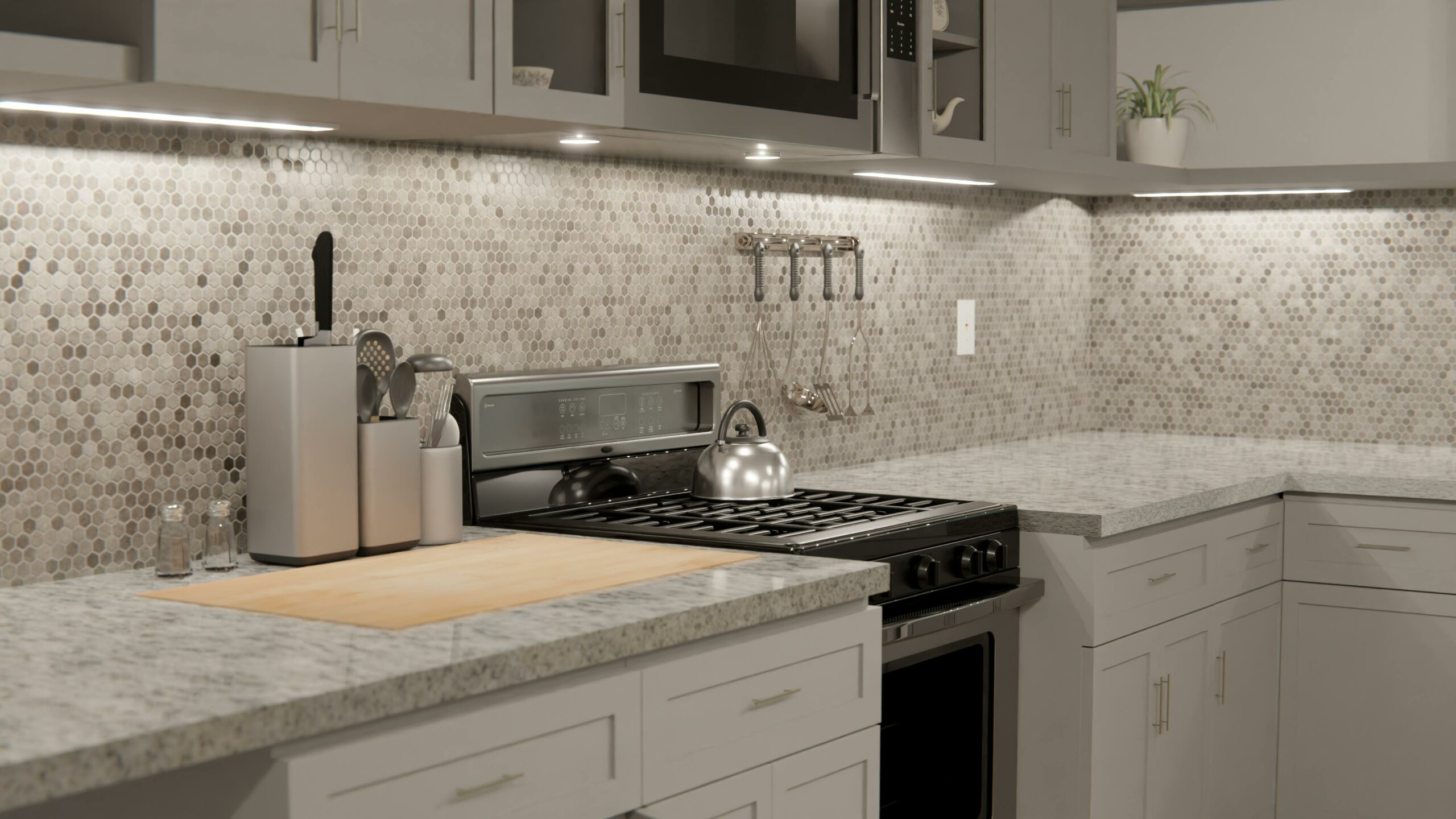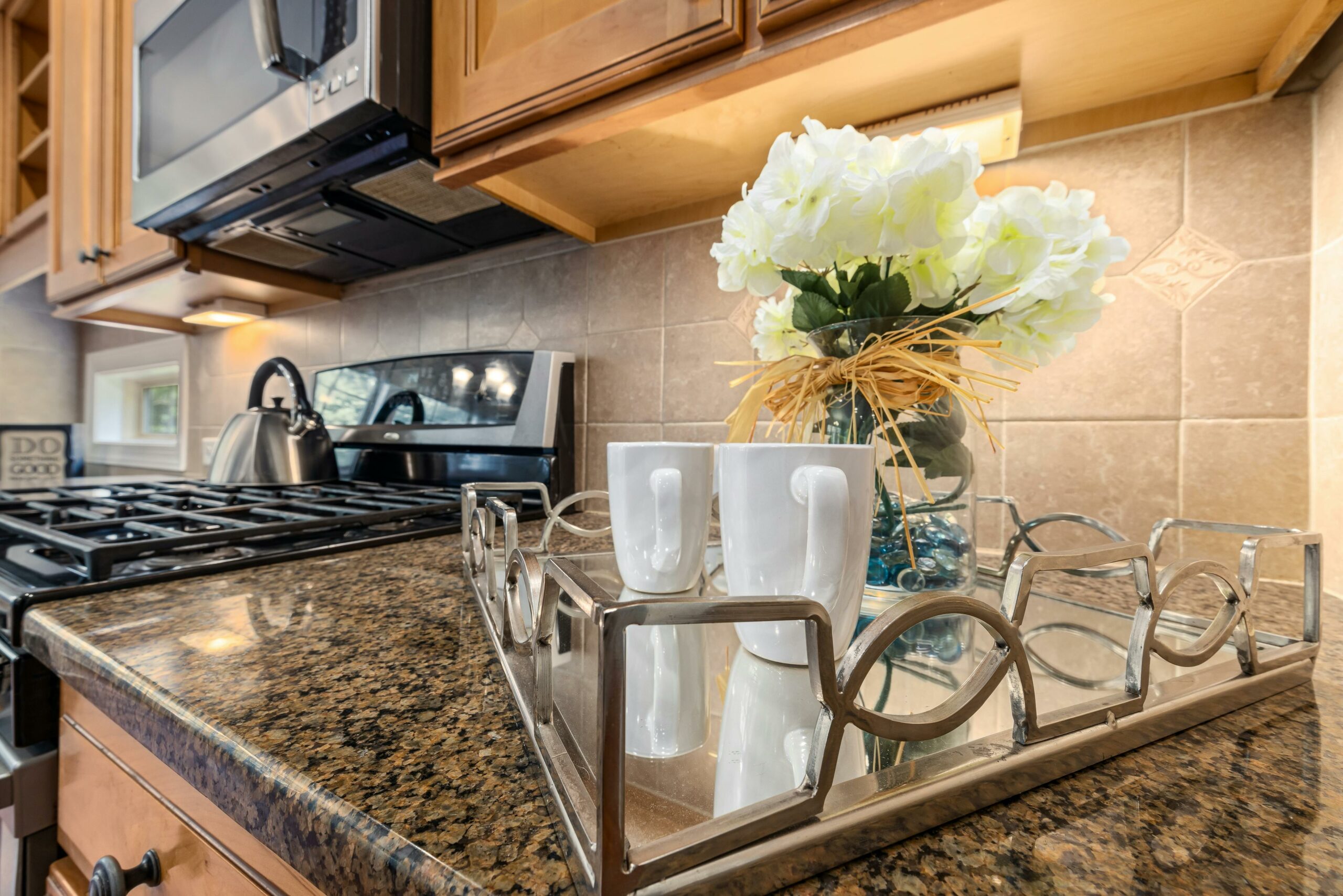When considering a kitchen remodel, one crucial decision lies in the choice of countertop material. Out of various options, quartz has emerged as a leading choice for homeowners and interior designers alike, leaving many asking what is the price per square foot for quartz countertops? Quartz, known for its durability, ease of upkeep, and a wide array of design choices, can prove to be a sound investment, but understanding its per square foot cost is essential.
Our aim in this article is to provide you with in-depth knowledge about pricing, with sections focusing on understanding the price per square foot for quartz countertops, pricing analysis, factors affecting the price, and how to calculate the cost. We will further delve into price comparisons with other materials and reasons why quartz countertops are worth the investment. Furthermore, you will get insight into various ways to cut down your expenditure while ensuring quality and discussing variables like size, thickness, hidden costs, and regional prices variations.

Understanding the Price per Square Foot for Quartz Countertop
Quartz countertops have become increasingly popular in recent years due to their durability, beauty, and low maintenance requirements. However, one factor that often raises questions among homeowners is the price per square foot of quartz countertops.
When it comes to understanding the price per square foot for quartz countertops, there are several key factors to consider. These factors can greatly impact the overall cost of your quartz countertop project.
Taking a Closer Look at Quartz Countertop Pricing
Quartz countertop pricing can vary significantly depending on various factors such as the brand, color, pattern, and thickness of the slab. Additionally, the complexity of the installation and any additional features or customization can also affect the price.
It’s important to note that quartz countertops are typically priced per square foot. This means that the total cost of your countertop project will be calculated based on the square footage of the area you need to cover.
Factors Affecting the Price per Square Foot for Quartz Countertops
Several factors can influence the price per square foot of quartz countertops. These factors include:
-
- The brand and quality of the quartz
-
- The color and pattern of the quartz
-
- The thickness of the quartz slab
-
- The complexity of the installation
-
- Additional features or customization
Each of these factors plays a role in determining the final price per square foot for your quartz countertop.
How to Calculate the Price per Square Foot of Your Quartz Countertop
To calculate the price per square foot of your quartz countertop, you’ll need to know the total square footage of the area you need to cover. Once you have this measurement, you can divide the total cost of the countertop by the square footage to determine the price per square foot.
For example, if your quartz countertop costs $3,000 and you need to cover an area of 30 square feet, the price per square foot would be $100 ($3,000 divided by 30).
Price Comparison: Quartz Countertops vs Other Materials
When considering the price per square foot of quartz countertops, it’s important to compare it to other countertop materials. While quartz countertops may have a higher price per square foot compared to some materials like laminate, they often offer superior durability and longevity.
Other materials such as granite or marble may have a similar price range to quartz countertops. However, quartz is known for its low maintenance requirements and resistance to stains, making it a popular choice among homeowners.
Why Quartz Countertops are Worth the Price per Square Foot
Although quartz countertops may have a higher price per square foot compared to some other materials, they offer numerous benefits that make them worth the investment. Quartz countertops are highly durable, resistant to scratches and stains, and require minimal maintenance.
Additionally, quartz countertops come in a wide range of colors and patterns, allowing homeowners to achieve the desired aesthetic for their kitchen or bathroom. The long-term value and beauty of quartz countertops make them a worthwhile choice for many homeowners.
Ways to Reduce the Price per Square Foot for your Quartz Countertop
If you’re looking to reduce the price per square foot for your quartz countertop, there are several strategies you can consider:
-
- Choosing a lower-priced quartz brand or color
-
- Opting for a thinner quartz slab
-
- Minimizing additional features or customization
-
- Comparing prices from different suppliers or contractors
By exploring these options, you may be able to find cost-saving opportunities without compromising the quality or durability of your quartz countertop.
The Impact of Size and Thickness on Quartz Countertop Pricing
The size and thickness of your quartz countertop can have a significant impact on the overall pricing. Larger countertops will require more square footage of quartz, resulting in a higher price per square foot. Similarly, thicker slabs of quartz will generally be more expensive than thinner ones.
When planning your quartz countertop project, it’s important to take into account the size and thickness of the countertop to accurately estimate the total cost.
The Hidden Costs Included in the Price per Square Foot of a Quartz Countertop
When calculating the price per square foot of a quartz countertop, it’s essential to consider any hidden costs that may be included. These hidden costs can include installation fees, edge profiling, sink cutouts, backsplash installation, and any additional features or customization.
By understanding and accounting for these hidden costs, you can ensure that your budget accurately reflects the total price per square foot of your quartz countertop.
Price per Square Foot for Quartz Countertops in Different Regions
The price per square foot for quartz countertops can also vary depending on the region or location. Factors such as supply and demand, local labor costs, and transportation expenses can influence the pricing in different areas.
It’s important to research and compare prices from local suppliers or contractors to get an accurate estimate of the price per square foot for quartz countertops in your specific region.
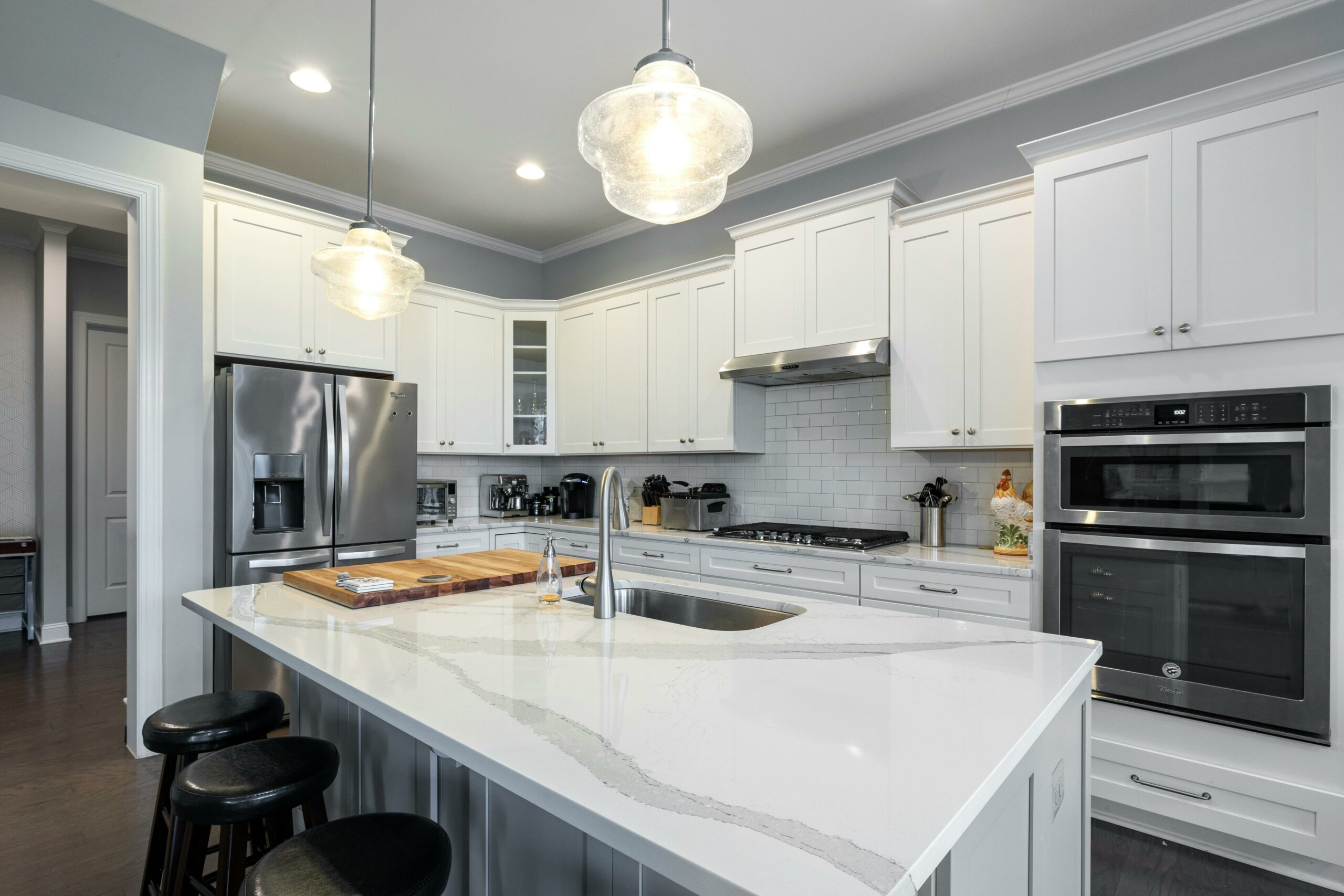
Taking a Closer Look at Quartz Countertop Pricing
When it comes to quartz countertop pricing, there are several factors to consider. Understanding these factors will help you make an informed decision and ensure that you get the best value for your money.
Factors Affecting the Price per Square Foot for Quartz Countertops
There are various factors that can impact the price per square foot of quartz countertops. These include:
-
- The quality and brand of the quartz
-
- The complexity of the installation
-
- The size and thickness of the countertop
-
- The region where you live
How to Calculate the Price per Square Foot of Your Quartz Countertop
To calculate the price per square foot of your quartz countertop, you need to take into account the total cost of the countertop, including materials, fabrication, and installation. Then, divide this cost by the total square footage of the countertop.
Price Comparison: Quartz Countertops vs Other Materials
While quartz countertops may have a higher price per square foot compared to other materials like laminate or granite, they offer several advantages that make them worth the investment. These advantages include durability, low maintenance, and a wide range of design options.
Why Quartz Countertops are Worth the Price per Square Foot
Quartz countertops are worth the price per square foot due to their exceptional durability and longevity. They are resistant to scratches, stains, and heat, making them a practical choice for busy kitchens and bathrooms. Additionally, quartz countertops offer a luxurious and modern aesthetic that can enhance the overall value of your home.
Ways to Reduce the Price per Square Foot for your Quartz Countertop
If you’re on a tight budget, there are several ways to reduce the price per square foot for your quartz countertop. These include:
-
- Choosing a less expensive quartz brand
-
- Opting for a simpler edge profile
-
- Considering remnants or discontinued styles
-
- Getting multiple quotes from different suppliers
The Impact of Size and Thickness on Quartz Countertop Pricing
The size and thickness of your quartz countertop can significantly affect the pricing. Larger countertops will require more materials and labor, resulting in a higher price per square foot. Similarly, thicker countertops will cost more due to the additional materials needed.
The Hidden Costs Included in the Price per Square Foot of a Quartz Countertop
When budgeting for your quartz countertop, it’s essential to consider the hidden costs that may be included in the price per square foot. These costs can include delivery fees, removal of the old countertop, plumbing modifications, and any additional customization or upgrades.
Price per Square Foot for Quartz Countertops in Different Regions
The price per square foot for quartz countertops can vary depending on the region you live in. Factors such as local labor costs, availability of materials, and competition among suppliers can influence the pricing. It’s always a good idea to research and compare prices from different suppliers in your area to get the best deal.
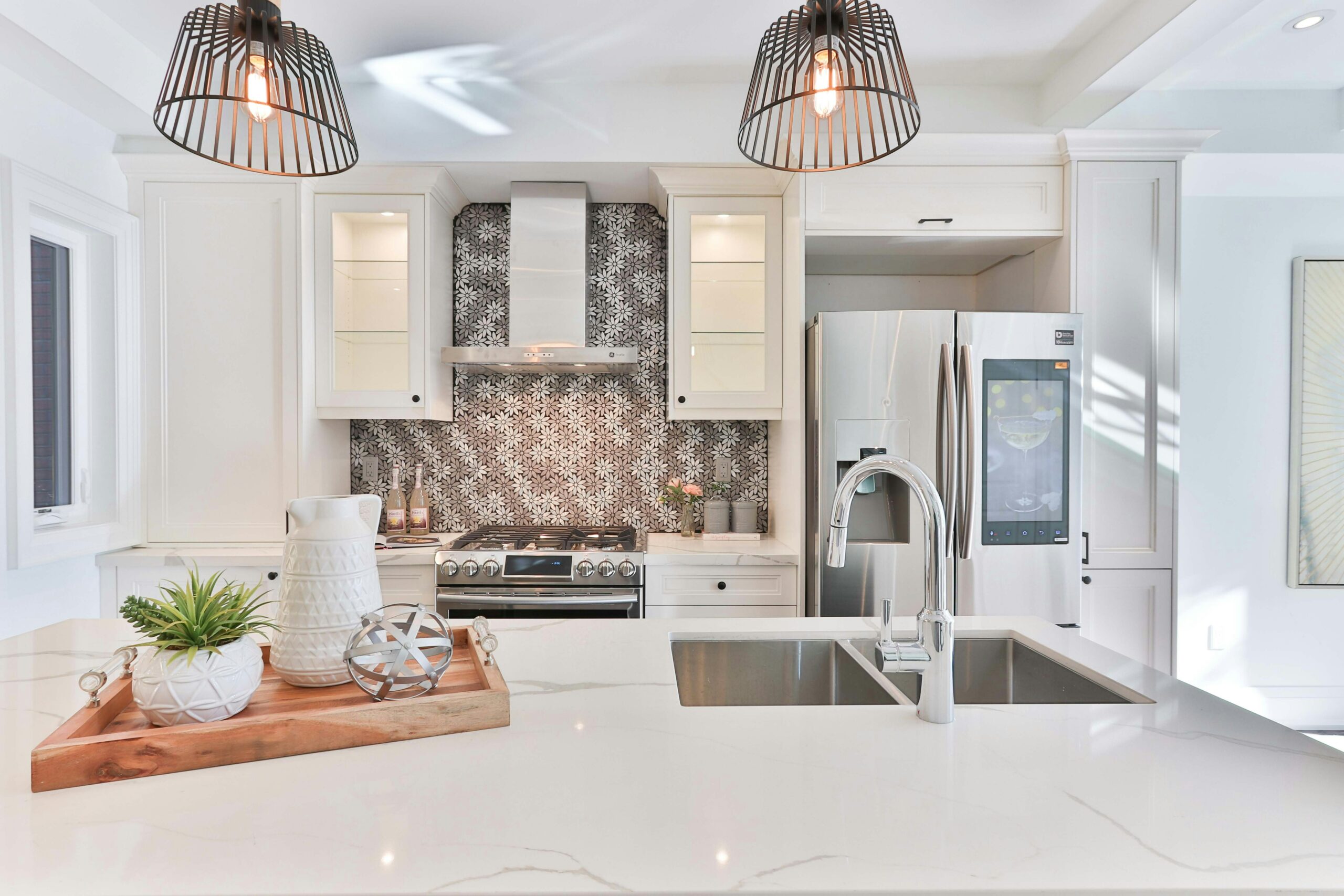
Factors Affecting the Price per Square Foot for Quartz Countertops
When it comes to quartz countertops, there are several factors that can affect the price per square foot. These factors can vary depending on the region, the size and thickness of the countertop, and even the hidden costs involved. Understanding these factors is crucial in determining the overall cost of your quartz countertop project.
Quality and Grade of Quartz
One of the main factors that can influence the price per square foot of quartz countertops is the quality and grade of the quartz itself. Higher-quality quartz, which is more durable and has a more consistent appearance, tends to be more expensive. Lower-grade quartz, on the other hand, may have imperfections and inconsistencies that can lower the price.
Design and Color Options
The design and color options you choose for your quartz countertop can also impact the price per square foot. Some colors and patterns may be more popular or require more complex manufacturing processes, resulting in a higher price. Custom designs or rare colors may also come at a premium.
Installation Complexity
The complexity of the installation process can also affect the price per square foot. If your countertop requires intricate cuts, special edge profiles, or additional support structures, the installation cost may be higher. On the other hand, a straightforward installation with minimal customization can help keep the price down.
Market Demand
The demand for quartz countertops in your region can also impact the price per square foot. In areas where quartz countertops are highly sought after, the prices may be higher due to increased competition and limited supply. Conversely, in regions with less demand, the prices may be more competitive.
Additional Services and Features
Additional services and features, such as backsplashes, integrated sinks, or special finishes, can also add to the price per square foot. These extra elements require additional materials and labor, which can increase the overall cost of your quartz countertop project.
Supplier and Installation Company
The supplier and installation company you choose can also impact the price per square foot. Different suppliers and installers may have different pricing structures, warranties, and levels of customer service. It’s important to research and compare multiple options to ensure you’re getting the best value for your money.
By considering these factors and making informed decisions, you can better understand and manage the price per square foot for your quartz countertop project. Whether you’re working with a tight budget or looking to invest in a high-quality countertop, understanding these factors will help you make the right choices for your needs and preferences.
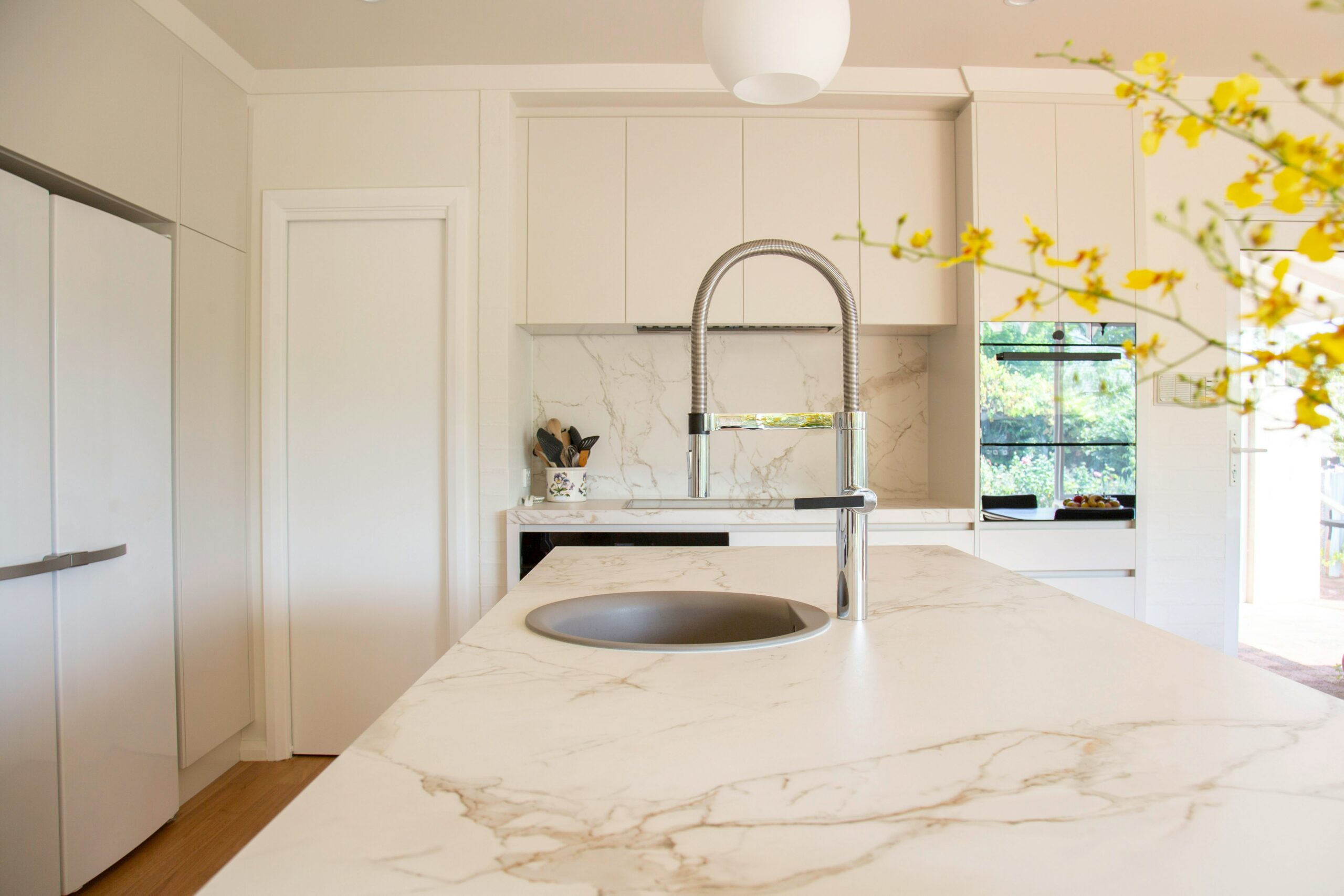
How to Calculate the Price per Square Foot of Your Quartz Countertop
Calculating the price per square foot of your quartz countertop is a straightforward process that requires a few key pieces of information. By following these steps, you can determine the cost of your quartz countertop and make an informed decision about your purchase.
Step 1: Measure the Area
The first step in calculating the price per square foot is to measure the area of your countertop. Use a tape measure to determine the length and width of the space where the countertop will be installed. Make sure to measure in inches for accuracy.
Step 2: Calculate the Total Square Footage
Once you have the length and width measurements, multiply them together to find the total square footage of your countertop. For example, if your countertop measures 60 inches long and 24 inches wide, the total square footage would be 1,440 square inches.
Step 3: Convert Square Inches to Square Feet
To convert square inches to square feet, divide the total square footage by 144. In the example above, dividing 1,440 square inches by 144 gives you a total of 10 square feet.
Step 4: Determine the Total Cost
Now that you have the total square footage of your countertop, you can determine the total cost. Contact your quartz countertop supplier or retailer to get the price per square foot. Multiply the price per square foot by the total square footage to calculate the total cost of your countertop.
Step 5: Consider Additional Costs
Keep in mind that the price per square foot may not include additional costs such as installation, edge profiling, or any necessary modifications. These costs can vary depending on the complexity of the installation and the specific requirements of your project. Be sure to factor in these additional costs when calculating the overall price of your quartz countertop.
By following these steps and considering any additional costs, you can accurately calculate the price per square foot of your quartz countertop. This will help you make an informed decision and ensure that you stay within your budget while still getting the beautiful and durable countertop you desire.
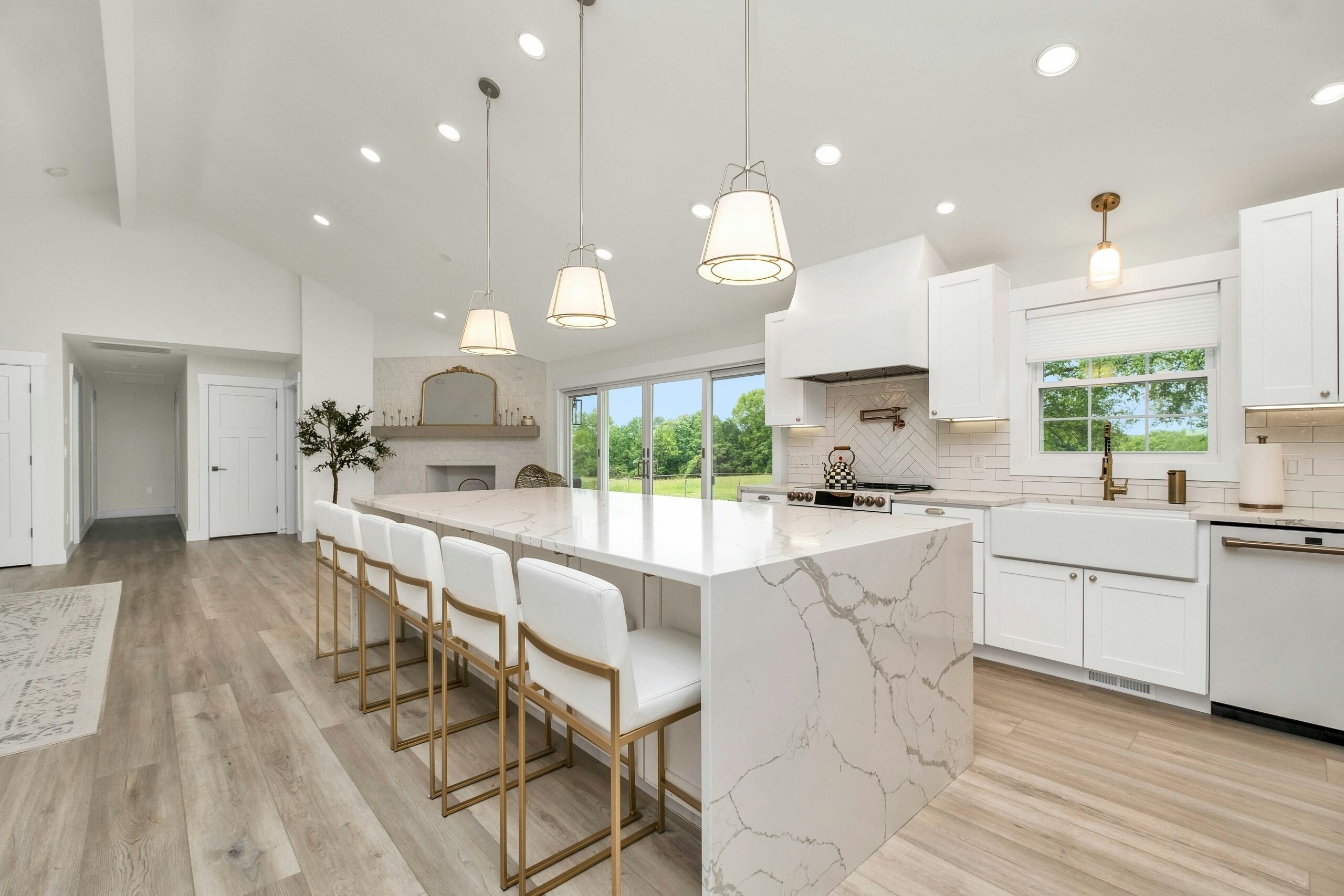
Price Comparison: Quartz Countertops vs Other Materials
When it comes to choosing the right material for your countertops, one of the most important factors to consider is the price. Quartz countertops have become increasingly popular in recent years, but how do they compare to other materials in terms of cost?
Quartz countertops are known for their durability, beauty, and low maintenance requirements. However, they do come with a higher price tag compared to some other materials. Let’s take a closer look at the price comparison between quartz countertops and other commonly used materials.
Granite Countertops
Granite countertops have long been a popular choice for homeowners. They offer a natural beauty and come in a wide range of colors and patterns. In terms of price, granite countertops can be comparable to quartz, depending on the specific type and quality of the granite. However, it’s worth noting that quartz countertops tend to be more consistent in color and pattern, whereas granite can vary significantly.
Marble Countertops
Marble countertops are known for their elegance and timeless appeal. However, they tend to be more expensive than both quartz and granite. Marble is a natural stone that requires regular sealing and maintenance to keep it looking its best. If you’re on a tight budget, quartz countertops may be a more cost-effective option.
Laminate Countertops
Laminate countertops are the most affordable option on the market. They are made from layers of plastic bonded to particleboard and come in a variety of colors and patterns. While laminate countertops are a budget-friendly choice, they are not as durable or heat-resistant as quartz. If you’re looking for a long-lasting and high-quality countertop, quartz may be a better investment in the long run.
Solid Surface Countertops
Solid surface countertops, such as Corian, are a popular choice for their seamless appearance and easy maintenance. They are made from a combination of acrylic, polyester, and natural minerals. In terms of price, solid surface countertops can be comparable to quartz. However, quartz countertops offer greater durability and resistance to scratches and stains.
In conclusion, while quartz countertops may have a higher price per square foot compared to some other materials, they offer numerous benefits that make them worth the investment. From their durability and low maintenance requirements to their consistent color and pattern options, quartz countertops are a popular choice for homeowners. However, it’s important to consider your budget and personal preferences when making a decision. Consulting with a professional can help you determine the best material for your specific needs and budget.
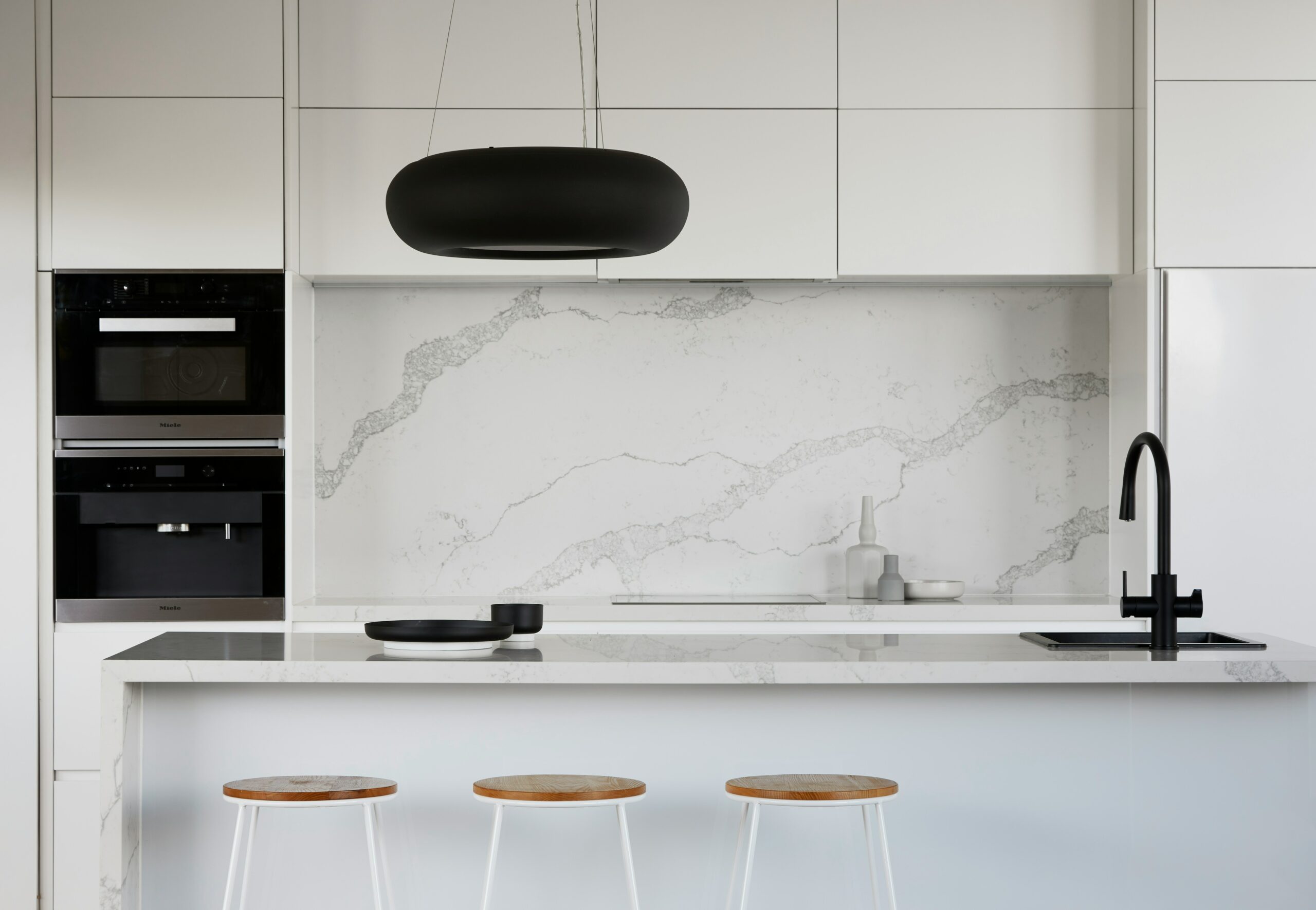
Why Quartz Countertops are Worth the Price per Square Foot
Quartz countertops may come with a higher price per square foot compared to other materials, but they are definitely worth the investment. Here are several reasons why quartz countertops are worth the price:
Durability
One of the main reasons why quartz countertops are worth the price is their exceptional durability. Quartz is an engineered stone that is made up of natural quartz crystals mixed with resin and pigments. This combination creates a countertop material that is highly resistant to scratches, stains, and heat. With proper care, quartz countertops can last for decades, making them a worthwhile investment.
Low Maintenance
Another advantage of quartz countertops is their low maintenance requirements. Unlike natural stone countertops, quartz does not need to be sealed regularly. It is non-porous, which means it does not absorb liquids or bacteria, making it easy to clean and maintain. Simply wiping the surface with a mild soap and water solution is enough to keep your quartz countertops looking pristine.
Aesthetics
Quartz countertops offer a wide range of design options, allowing you to find the perfect style that matches your kitchen or bathroom. The manufacturing process of quartz countertops allows for consistent patterns and colors, unlike natural stone. Whether you prefer a sleek and modern look or a more traditional and elegant style, quartz countertops can enhance the overall aesthetics of your space.
Resale Value
Investing in quartz countertops can also increase the resale value of your home. Potential buyers are often attracted to the durability, low maintenance, and timeless beauty of quartz countertops. By installing quartz countertops, you can make your home more appealing to buyers and potentially recoup a significant portion of your investment when selling your property.
In conclusion, while quartz countertops may come with a higher price per square foot, they offer numerous benefits that make them worth the investment. From their durability and low maintenance to their aesthetic appeal and potential increase in resale value, quartz countertops are a wise choice for any homeowner looking for a long-lasting and beautiful countertop option.
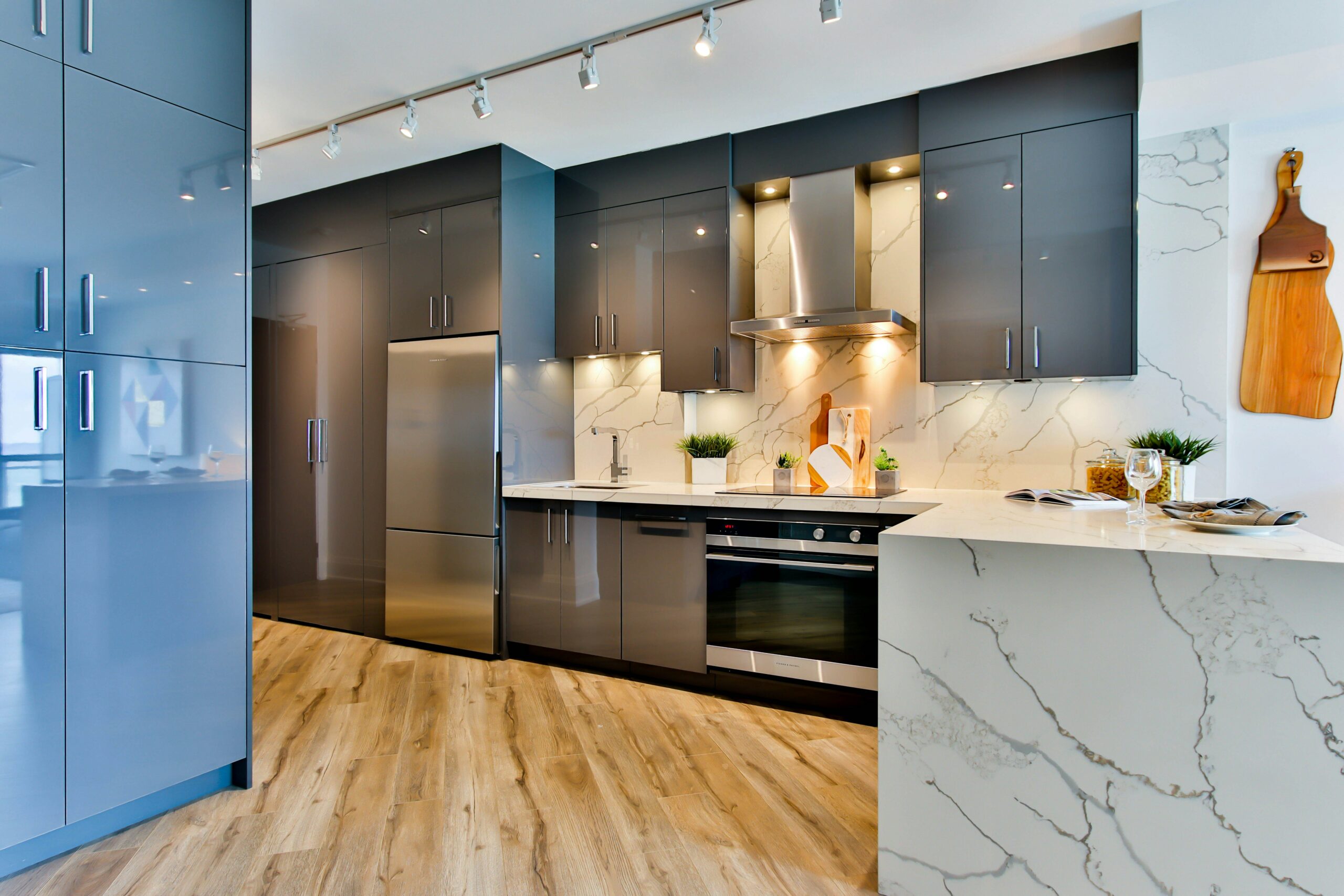
Ways to Reduce the Price per Square Foot for your Quartz Countertop
When it comes to purchasing quartz countertops, finding ways to reduce the price per square foot can be beneficial for your budget. Here are some strategies to help you save money on your quartz countertop:
1. Shop Around and Compare Prices
One of the most effective ways to reduce the price per square foot for your quartz countertop is to shop around and compare prices from different suppliers. Take the time to research and visit multiple stores or websites to find the best deals available.
2. Consider Prefabricated Quartz Countertops
Opting for prefabricated quartz countertops can also help lower the price per square foot. Prefabricated countertops are pre-cut and pre-finished, which reduces the labor and customization costs associated with custom-made countertops.
3. Choose a Basic Edge Profile
The edge profile of your quartz countertop can significantly impact the price. Choosing a basic edge profile, such as a straight or eased edge, can be more cost-effective compared to more intricate and decorative edge profiles.
4. Avoid Unnecessary Add-Ons
When selecting your quartz countertop, be mindful of unnecessary add-ons that can increase the price. Features like built-in sinks, fancy backsplashes, or complex patterns can add extra costs. Stick to the essentials to keep the price per square foot down.
5. Opt for Thinner Quartz Slabs
The thickness of the quartz slab can also affect the price per square foot. Choosing a thinner slab, such as 2cm instead of 3cm, can help reduce costs while still maintaining the durability and functionality of the countertop.
6. Consider Remnants or Overstocked Quartz
If you’re open to more unique options, consider using remnants or overstocked quartz for your countertop. Remnants are smaller pieces of quartz leftover from previous projects, while overstocked quartz refers to excess inventory that needs to be sold quickly. Both options can offer significant savings.
7. DIY Installation
If you have the necessary skills and tools, opting for a DIY installation can help save on labor costs. However, keep in mind that installing quartz countertops can be challenging and time-consuming, so only choose this option if you’re confident in your abilities.
By implementing these strategies, you can effectively reduce the price per square foot for your quartz countertop without compromising on quality or style.
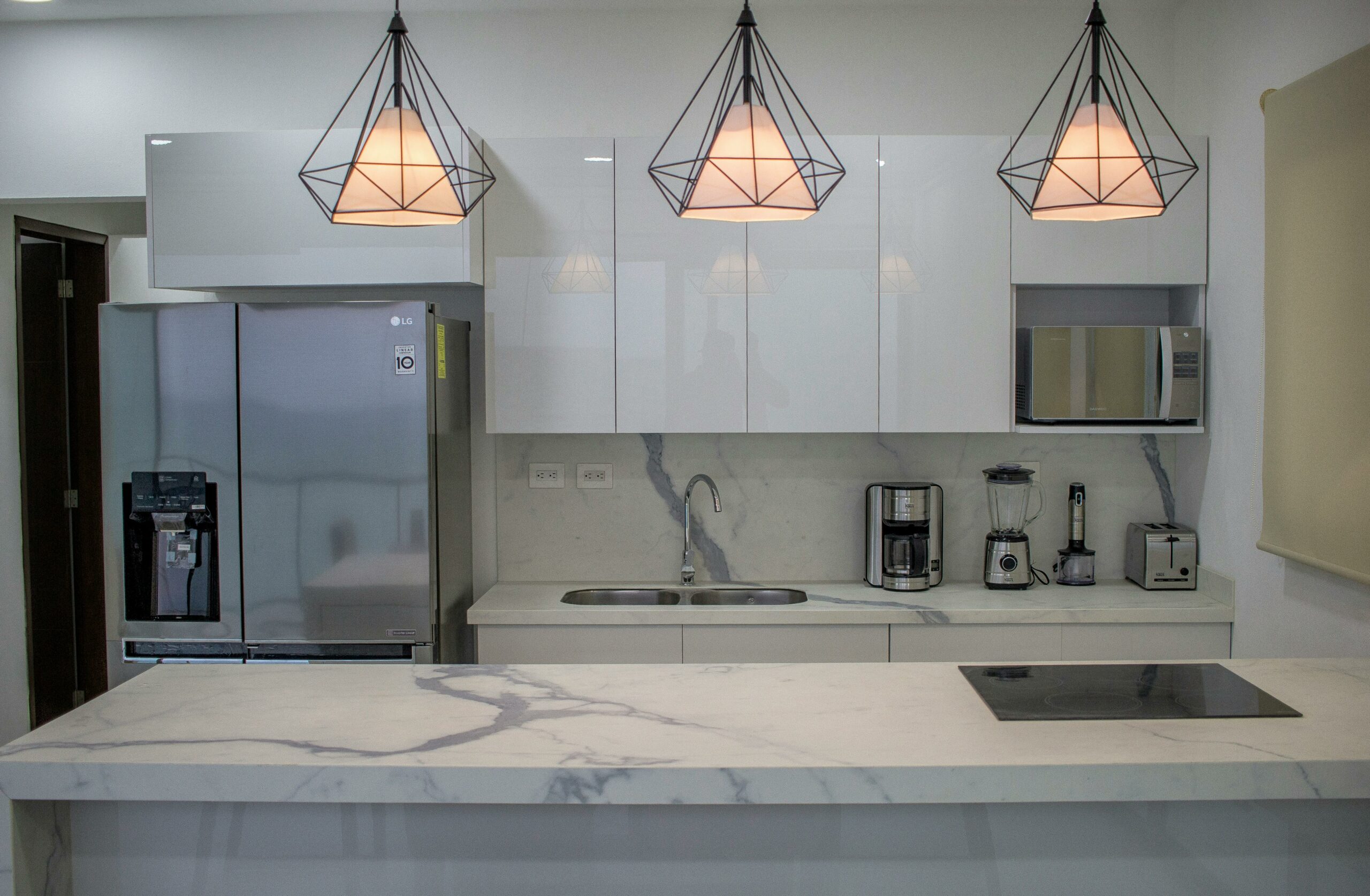
The Impact of Size and Thickness on Quartz Countertop Pricing
When it comes to pricing quartz countertops, the size and thickness of the slab play a significant role. These factors not only affect the overall cost but also impact the durability and aesthetics of the countertop. Understanding how size and thickness influence pricing can help you make informed decisions when selecting the right quartz countertop for your needs.
Size
The size of the quartz slab directly affects the price per square foot. Larger slabs require more raw materials and labor to produce, resulting in higher costs. Additionally, larger slabs may require special handling and transportation, which can further increase the price. It’s important to consider the size of your countertop area and factor in any additional costs associated with larger slabs when budgeting for your quartz countertop.
Thickness
The thickness of the quartz slab also impacts pricing. Thicker slabs are generally more expensive than thinner ones due to the additional material required. Thicker slabs offer increased durability and can withstand heavy use without cracking or chipping. However, if you’re working within a tight budget, opting for a thinner slab can help reduce the overall cost of your quartz countertop.
It’s worth noting that the thickness of the slab can also affect the appearance of the countertop. Thicker slabs tend to have a more substantial and luxurious look, while thinner slabs offer a sleek and modern aesthetic. Consider your desired style and the overall design of your kitchen or bathroom when deciding on the thickness of your quartz countertop.
In conclusion, the size and thickness of a quartz countertop directly impact its pricing. Larger slabs and thicker slabs generally come with higher costs but offer increased durability and aesthetic appeal. It’s essential to consider your budget, countertop area, and desired style when selecting the right size and thickness for your quartz countertop.
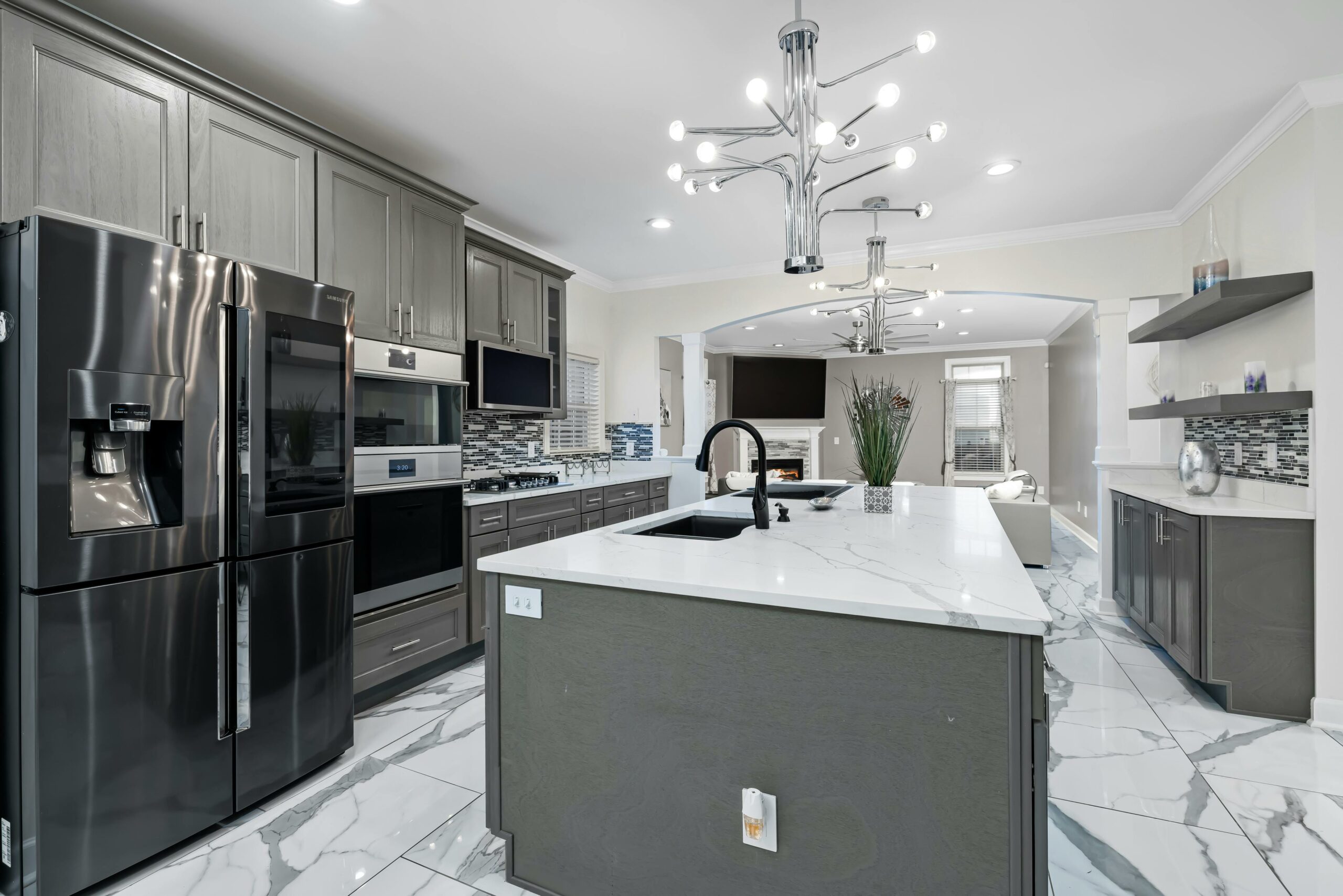
The Hidden Costs Included in the Price per Square Foot of a Quartz Countertop
While the price per square foot is an important factor to consider when purchasing a quartz countertop, it’s essential to be aware of the hidden costs that may be included in the overall price. These hidden costs can significantly impact your budget and should be taken into account before making a final decision.
1. Installation
One of the most significant hidden costs of a quartz countertop is the installation. While some suppliers may include installation in the price per square foot, others may charge it separately. It’s crucial to clarify with the supplier whether installation is included or if there will be an additional cost. Hiring professional installers can be expensive, so it’s essential to factor this into your budget.
2. Edge Profiles
Another hidden cost to consider is the edge profile of the quartz countertop. While some suppliers may offer standard edge profiles at no extra charge, others may charge an additional fee for custom edge profiles. If you have a specific edge profile in mind, make sure to inquire about any additional costs associated with it.
3. Sink Cutouts and Faucet Holes
If you’re planning to have a sink cutout or faucet holes in your quartz countertop, be aware that there may be additional costs involved. Suppliers may charge extra for the labor and materials required to create these cutouts and holes. It’s essential to discuss these details with the supplier and factor in any additional costs when calculating the price per square foot.
4. Backsplash
While the price per square foot typically covers the cost of the quartz countertop itself, it may not include the cost of a backsplash. If you’re planning to have a quartz backsplash to match your countertop, you’ll need to consider the additional cost. Discuss with the supplier whether the backsplash is included in the price per square foot or if there will be an additional charge.
5. Sealing and Maintenance
Quartz countertops require regular sealing and maintenance to keep them in optimal condition. While this is not a hidden cost per se, it’s essential to factor in the cost of sealing products and any professional maintenance services that may be required. These ongoing costs should be considered when calculating the overall price per square foot of your quartz countertop.
By being aware of these hidden costs, you can make a more informed decision when purchasing a quartz countertop. It’s crucial to discuss all the details with the supplier and factor in any additional costs to ensure that you have a clear understanding of the total price per square foot.
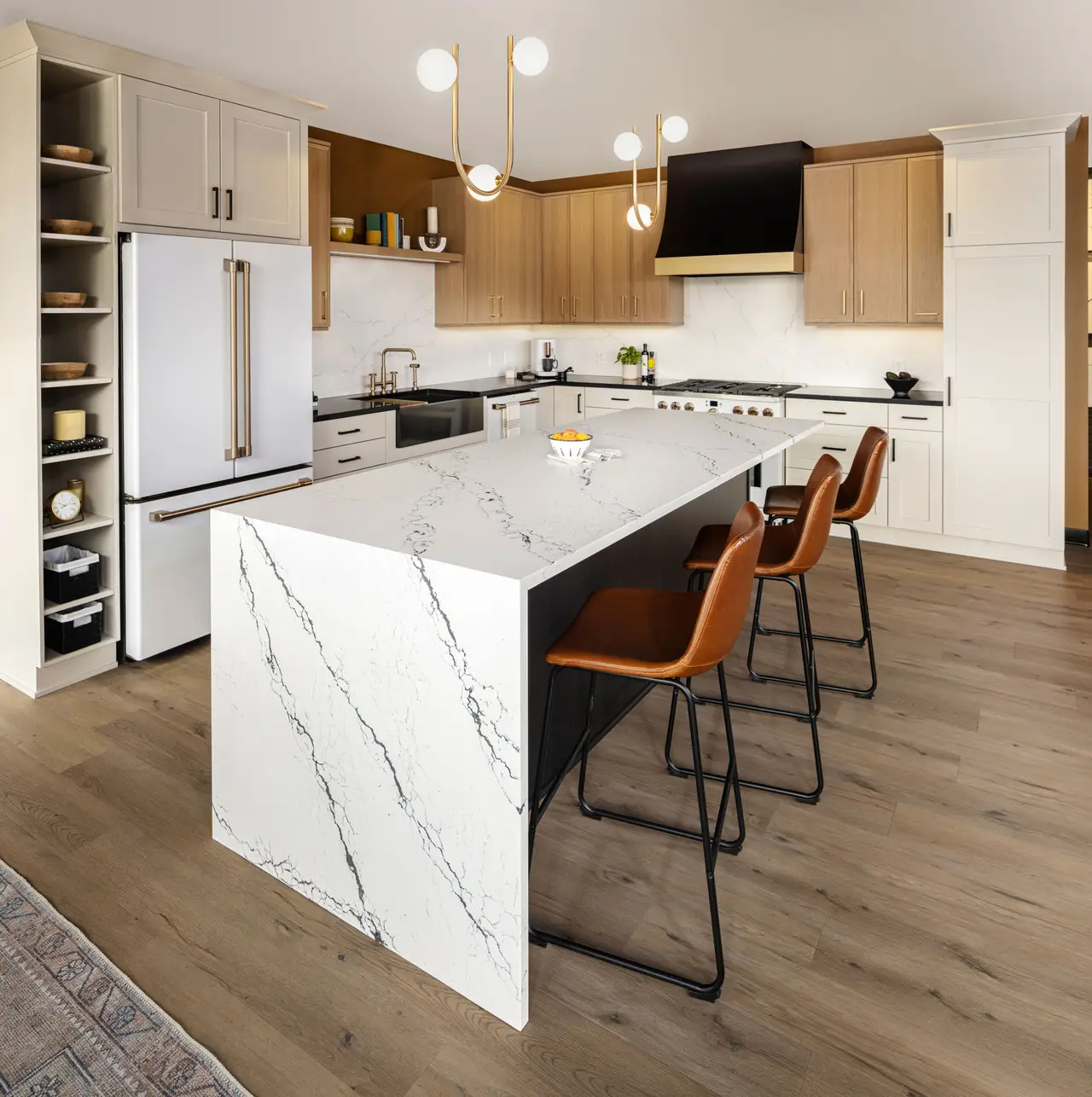
Price per Square Foot for Quartz Countertops in Different Regions
When it comes to quartz countertops, the price per square foot can vary depending on the region you are in. Different factors such as supply and demand, transportation costs, and local market conditions can all affect the pricing of quartz countertops in different regions.
1. Supply and Demand: The availability of quartz in a particular region can greatly impact its price. If there is a high demand for quartz countertops but a limited supply, the price per square foot is likely to be higher. On the other hand, if there is an abundance of quartz in a region, the price may be more competitive.
2. Transportation Costs: The cost of transporting quartz slabs from the manufacturing facilities to different regions can also influence the price per square foot. If a region is located far away from the manufacturing plants, the transportation costs can be higher, resulting in a higher price for quartz countertops.
3. Local Market Conditions: The local market conditions, including the cost of living and the overall economy of a region, can also impact the price per square foot for quartz countertops. In regions with a higher cost of living, the price of materials and labor tends to be higher, which can affect the pricing of quartz countertops.
4. Competition: The level of competition among quartz countertop suppliers in a region can also affect the price per square foot. In regions with a higher number of suppliers, the competition can drive down the prices, making quartz countertops more affordable.
5. Customization and Extras: The price per square foot for quartz countertops can also vary based on the level of customization and additional features. If you opt for custom edge profiles, intricate designs, or special finishes, the price may be higher compared to standard quartz countertops.
6. Quality and Brand: The quality of quartz and the brand you choose can also impact the price per square foot. High-quality quartz from reputable brands tends to be more expensive compared to lower-quality options.
7. Regional Trends and Preferences: Regional trends and preferences can also influence the pricing of quartz countertops. In some regions, certain colors or patterns may be more popular, leading to higher prices for those specific options.
It’s important to keep these factors in mind when considering the price per square foot for quartz countertops in different regions. By understanding the local market conditions and considering customization options, you can make an informed decision and find the best pricing for your quartz countertop project.

